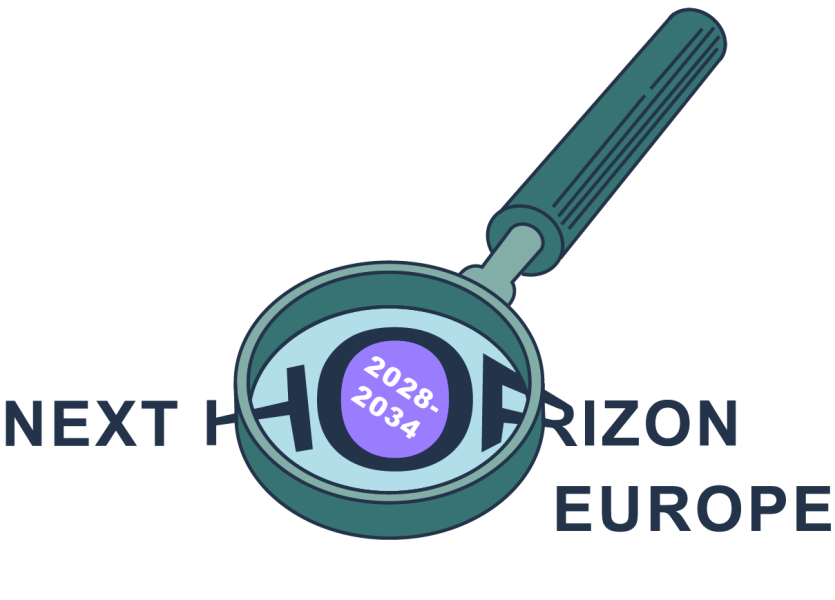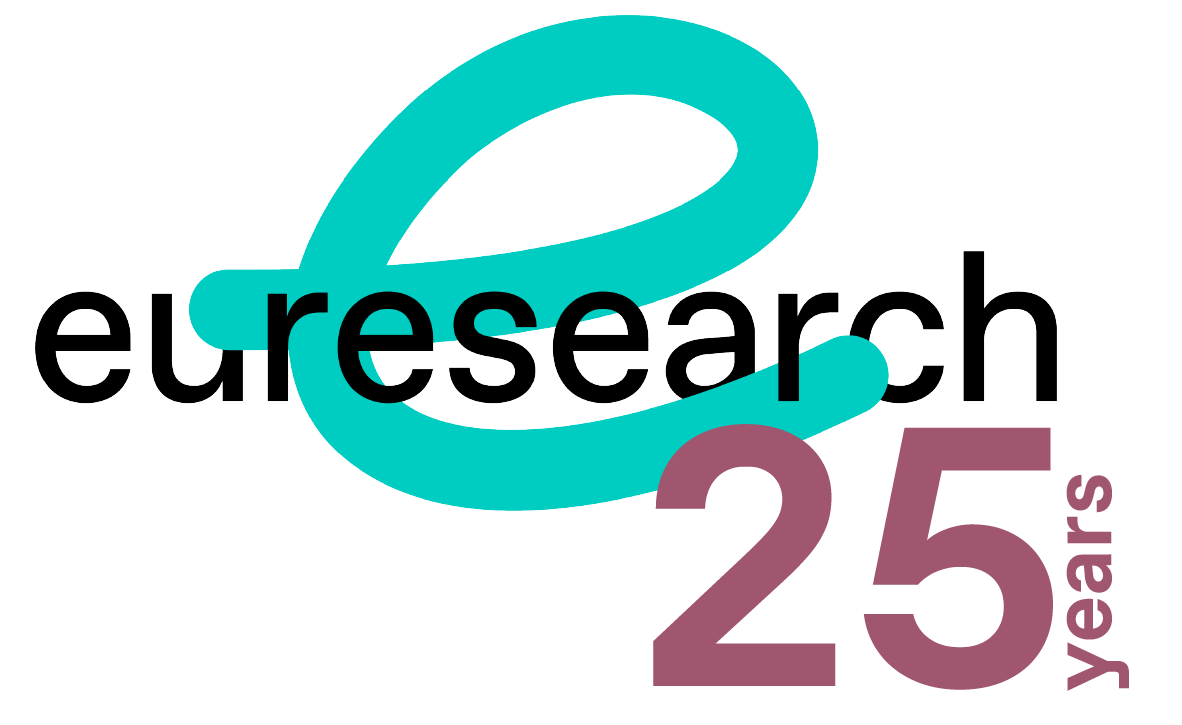Newsletter "Euresearch Info" August 2025

Guest Focus Article:
Horizon Europe Revamped – The Devil is in the Detail
On 16 July, together with the EU budget for 2028-2034, Ursula von der Leyen presented the proposal for the next Research and Innovation (R&I) Programme. Building on the successful brand, the standalone programme will keep the name "Horizon Europe" and its familiar 3 pillars for basic research, collaborative research, and innovation.
To the joy of research ministers and the community, the EC is putting R&I at the centre of competitiveness and equipping the new Horizon Europe with an ambitious budget of €175 billion. This figure is far from final though – there will be a couple of years of negotiation between Member States and the EU parliament, since increases are also being requested for other EU budget items.
At first glance, the programme looks like evolution rather than revolution. We find long-time favourites such as the European Research Council (ERC; with doubled budget), European Innovation Council (EIC; with tripled budget), Marie Skłodowska-Curie Actions (MSCA) and Widening instruments. Research Infrastructures are placed prominently in a new fourth pillar together with the European Research Area. The devil is in the detail though. Horizon is being tightly connected to a wider European Competitiveness Fund, providing a single rulebook and defining topics for collaborative R&I in dedicated parts of its own Work Programmes.
Member States have voiced concerns about political steering and lack of involvement, given the vague information provided about the programme committees. The absence of a civil clause, restricting projects to a civil focus, and integration of dual-use and defence in the innovation part may also lead to heated discussions. Other novelties simply lack clarity, for instance, stakeholders are currently wondering about the nature of the so-called "Moonshots" the EC has announced.
Horizon Europe remains open to the association of third countries, like Switzerland, in a similar fashion to the current programme. However, clauses on security and strategic autonomy also provide for exclusions. Unfortunately, the proposal remains elusive on which parts of the programme will be affected and the exact mechanisms. Only the negotiations taking place in the coming months will reveal the implications for international partners. Stay tuned for regular updates.
Author: Rahel Byland Skvarc, Science and Technology Counsellor, Swiss Mission to the EU
Illustration: Katja Stähli











